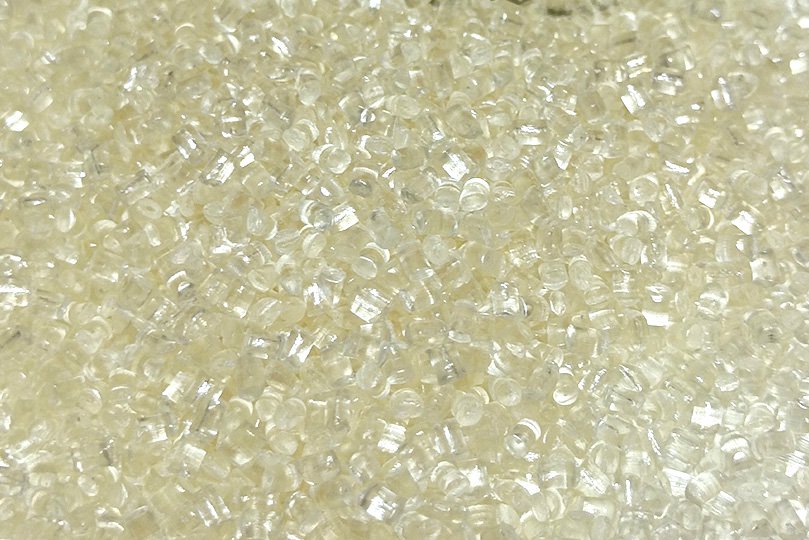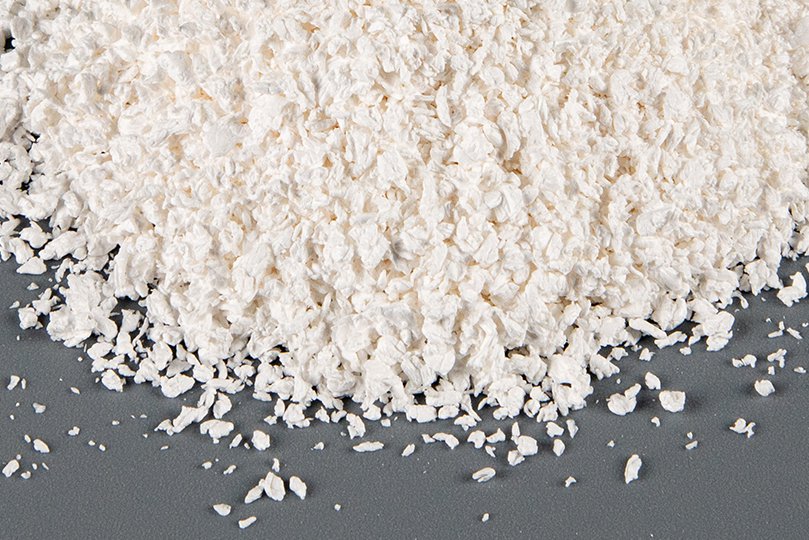Polyphenylsulfone (PPSU) is a high-performance thermoplastic that has gained significant popularity in industries that require durability, high heat resistance, and safety, especially in food-contact applications. Known for its remarkable mechanical properties and resistance to extreme conditions, PPSU is increasingly being used in food containers, cookware, kitchen appliances, and medical equipment. This article explores why PPSU is the material of choice for the food industry and highlights its many benefits in food-related applications.
Polyphenylsulfone (PPSU) is a member of the sulfone polymer family, which includes polysulfone (PSU) and polyethersulfone (PES). PPSU is an amorphous thermoplastic characterized by its non-crystalline structure, providing exceptional toughness, high heat resistance, and impact durability. Unlike many other plastics that can degrade or lose their integrity under heat or stress, PPSU maintains its physical properties, making it ideal for challenging environments, especially those found in the food industry. Its ability to withstand extreme temperatures, steam sterilization, and harsh chemicals distinguishes it from many traditional plastics.

One of the standout features of PPSU is its exceptional heat resistance. PPSU can endure continuous exposure to temperatures up to 180°C (356°F) without degrading, warping, or losing its structural integrity. This makes it the ideal material for applications in the food industry where high-temperature processes, such as cooking, sterilization, and washing, are common. PPSU is also highly resistant to steam, which is particularly important for products that require repeated cleaning in steam sterilizers or dishwashers. Traditional plastics might weaken or warp under these conditions, but PPSU maintains its strength and shape over time.
PPSU excels in its resistance to a wide range of chemicals, including acids, alkalis, and various solvents commonly found in food processing environments. This chemical resistance is vital for kitchen equipment, food containers, and processing tools that are exposed to cleaning agents, oils, acids from food, and even detergents during regular use.
In addition to its chemical resistance, PPSU is highly impact-resistant. Unlike materials such as polycarbonate (PC), which can crack or break easily upon impact, PPSU is much tougher and less prone to damage. This characteristic ensures that kitchen and food processing equipment made from PPSU is more durable, reliable, and long-lasting, even under the stresses of daily use.
Safety is a top priority when selecting materials for food-contact applications. PPSU stands out in this regard because it is free from harmful chemicals such as Bisphenol A (BPA), which is commonly found in many plastics. As more consumers become aware of the potential health risks of BPA and other toxins, materials like PPSU that are FDA-approved and comply with global food safety standards are becoming increasingly popular.
PPSU's non-toxic nature makes it an ideal choice for applications in which food, beverages, or even baby products are involved. PPSU complies with the necessary regulations, ensuring that the material does not leach harmful substances into food products. This is critical in maintaining the safety and integrity of food items, particularly for products that come into direct contact with consumables.
Another feature that makes PPSU an attractive choice for food-contact applications is its excellent transparency. This feature is particularly beneficial for food containers and kitchen appliances, as it allows users to easily see the contents without opening the container. Transparency enhances the user experience by offering convenience and making it easier to monitor food quality. In products like baby bottles, PPSU’s clarity is crucial for ensuring cleanliness and monitoring the level of liquid inside.
In addition to its functional properties, PPSU’s aesthetic appeal is another reason why it’s often selected for consumer-facing food products. The material maintains a high-quality, polished appearance even after many cycles of washing or exposure to high heat, ensuring that it remains visually attractive and retains its original look for an extended period.

PPSU is increasingly used in a variety of food-related applications due to its superior mechanical properties and safety features. Some of the most common uses of PPSU in the food industry include:
PPSU is an excellent material choice for a wide range of food-contact applications. Its ability to withstand high temperatures, steam, and harsh chemicals, combined with its non-toxic and impact-resistant properties, makes it ideal for use in food containers, cookware, kitchen appliances, and even baby products. Its transparency and aesthetic qualities also enhance the user experience, making it a versatile and reliable option for consumer products.
At Shengwen,we specialize in high-performance engineering plastics like PPSU, offering customized solutions to meet the needs of industries including food, healthcare, and aerospace.
By continuing to use the site you agree to our privacy policy Terms and Conditions.